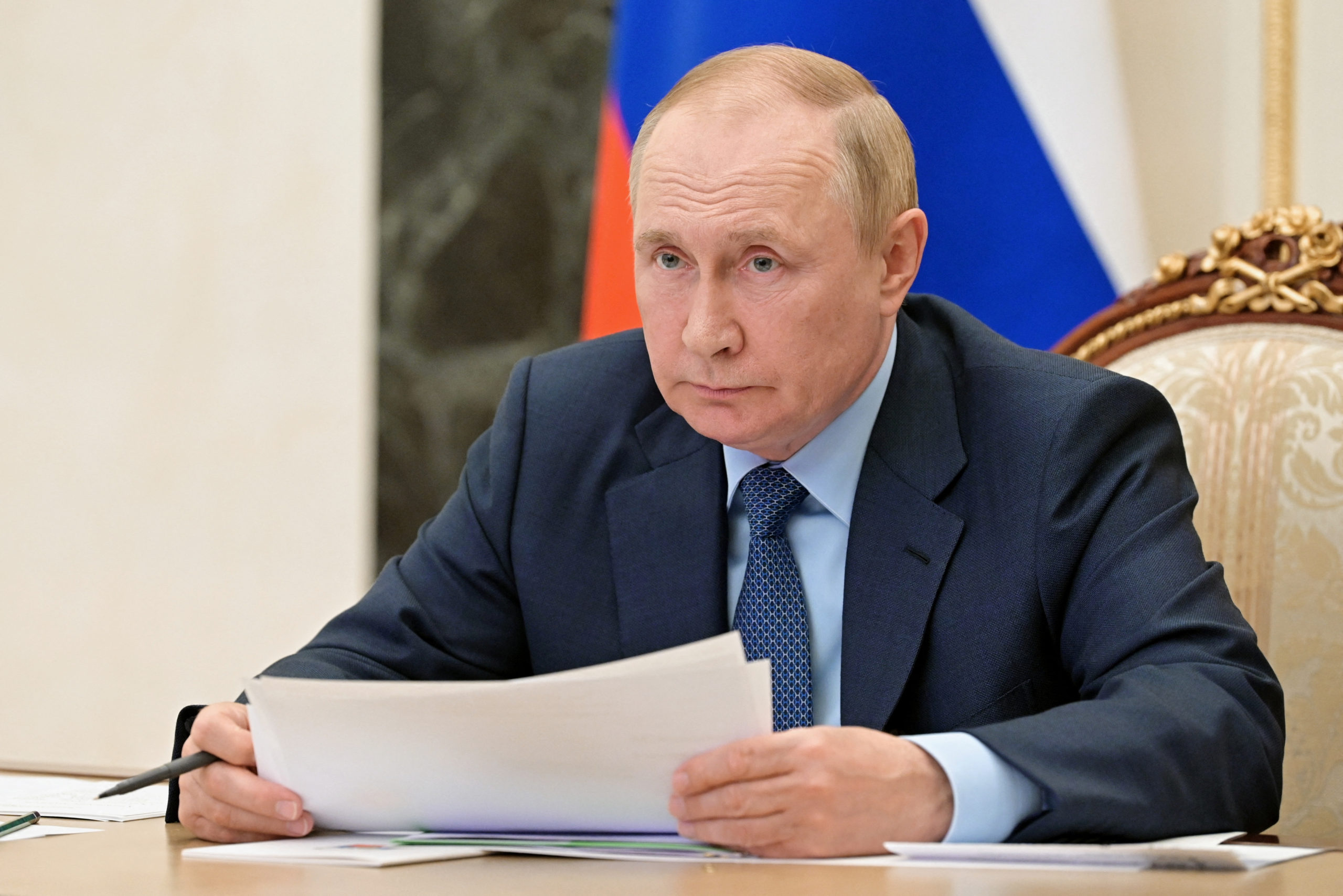Russia’s largest drone and missile barrage on Ukraine since the start of the war marks a troubling new chapter in the conflict, with more than 350 explosive drones targeting cities over the weekend. The attack drew an unusually blunt rebuke from former President Donald Trump, who said he was “very surprised” by Vladimir Putin’s aggression, though critics argue that surprise is long overdue.
Speaking on Chicago’s Morning Answer with Dan Proft and Amy Jacobson, veteran foreign correspondent Ian Williams, author of Vampire State: The Rise and Fall of the Chinese Economy, said the attack underscores how far removed Putin is from any genuine interest in peace. “He’s stringing people along,” Williams said, referring to Trump’s attempts at diplomatic engagement. “Putin’s maximalist demands—essentially dismantling Ukraine as a sovereign state—haven’t changed.”
Williams warned that Trump’s lack of pressure on Putin has stood in stark contrast to the tough posture he’s taken toward Ukrainian President Volodymyr Zelensky. The result, he suggested, is a diplomatic deadlock that could further embolden the Russian leader. “If Trump had been as tough with Putin as he’s been with Zelensky,” Williams argued, “we might have seen real progress.”
The weekend attack, paired with the continued erosion of European resolve, is shaping what Williams called a “critical inflection point” in the war. Trump, while publicly calling out Putin for the violence, has also urged the European Union to “ratchet up” its own efforts—both in terms of military support and sanctions enforcement. According to Williams, Trump’s move to delay new EU tariffs by a month may be a calculated attempt to give European leaders room to step up their game, both on trade and defense.
Williams criticized several EU countries for talking tough on Ukraine while continuing business dealings with Russia—particularly oil and gas purchases. “Some countries want it both ways,” he said. “They’re on the train to Kyiv, posing for photos with Zelensky, but they’re still sending billions into the Kremlin’s coffers.”
Asked about whether Europe’s leaders are likely to change course, Williams expressed skepticism. UK Prime Minister Keir Starmer initially floated the idea of a European-led stabilization force in Ukraine but has since backtracked. Williams said any serious troop deployment is unlikely, especially given Europe’s thinly stretched military budgets and limited public support.
“Putin’s betting that the West has no stomach for escalation,” Williams said. “And unless Europe shows otherwise, he may be right.”
Beyond the battlefield, Williams highlighted Trump’s broader geopolitical play—using trade policy to isolate China. He cited the recent framework trade agreements between the U.S. and UK, and emerging negotiations with the EU, as examples of a new strategy that uses trade access as leverage. The message, Williams said, is clear: do less business with China if you want to keep doing business with America.
This includes pressure on corporations like Apple. Trump recently declared that all iPhones should be manufactured in the U.S., a move that Williams dismissed as impractical but symbolically powerful. “It’s about sending a message,” he explained. “Apple’s supply chain is global, but Trump’s statement puts pressure on Tim Cook and others to think more seriously about their long-term ties to China.”
Williams added that while some critics view Trump’s tariffs as overly blunt instruments, they’ve helped shift the global conversation around trade and supply chain security. The next phase, he says, will focus on aligning allies with the U.S. in creating a rules-based framework that penalizes China for dumping, subsidies, and intellectual property theft.
“China never really had much trust to begin with,” Williams said. “Now countries in the Global South and Southeast Asia are reassessing their exposure to Beijing—not rushing into its arms, even if they’re wary of Trump’s unpredictability.”
As the war in Ukraine grinds on and trade tensions simmer, Williams argued that we’re entering a decisive phase on multiple fronts—one in which economic strategy and military posture are increasingly intertwined. For Trump and the West, the task ahead is complex but urgent: pressure adversaries without alienating allies, and turn rhetoric into reality.





